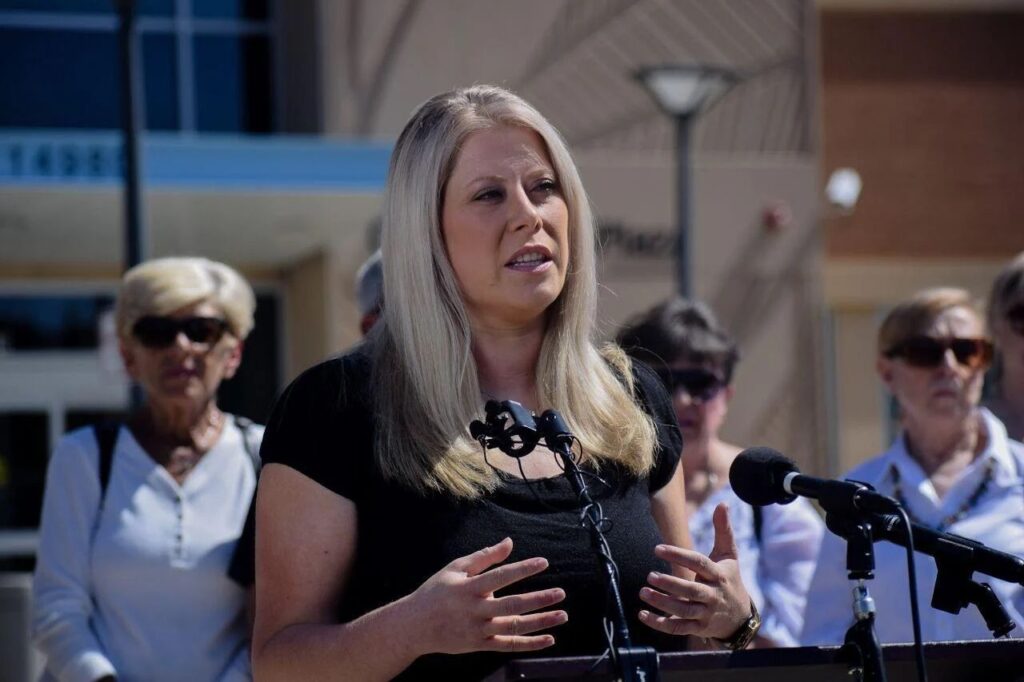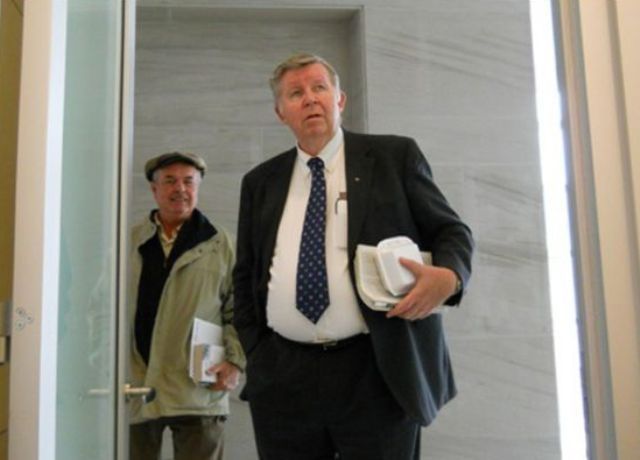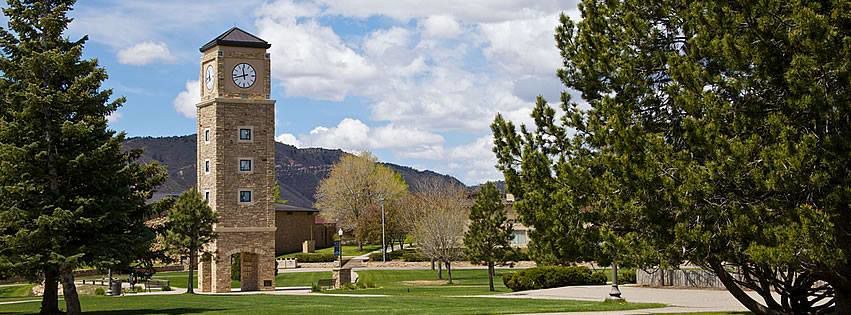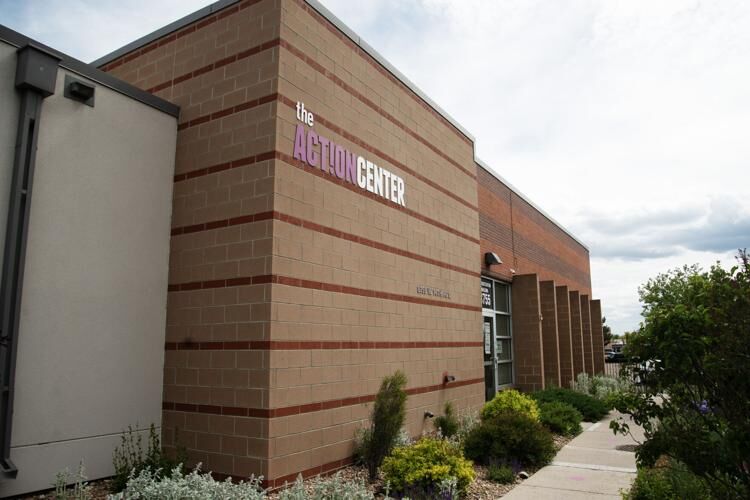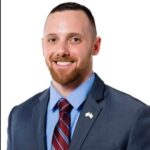Club 20 debates underscore longstanding rural divide; Bennet-Buck campaign heats up | A LOOK BACK
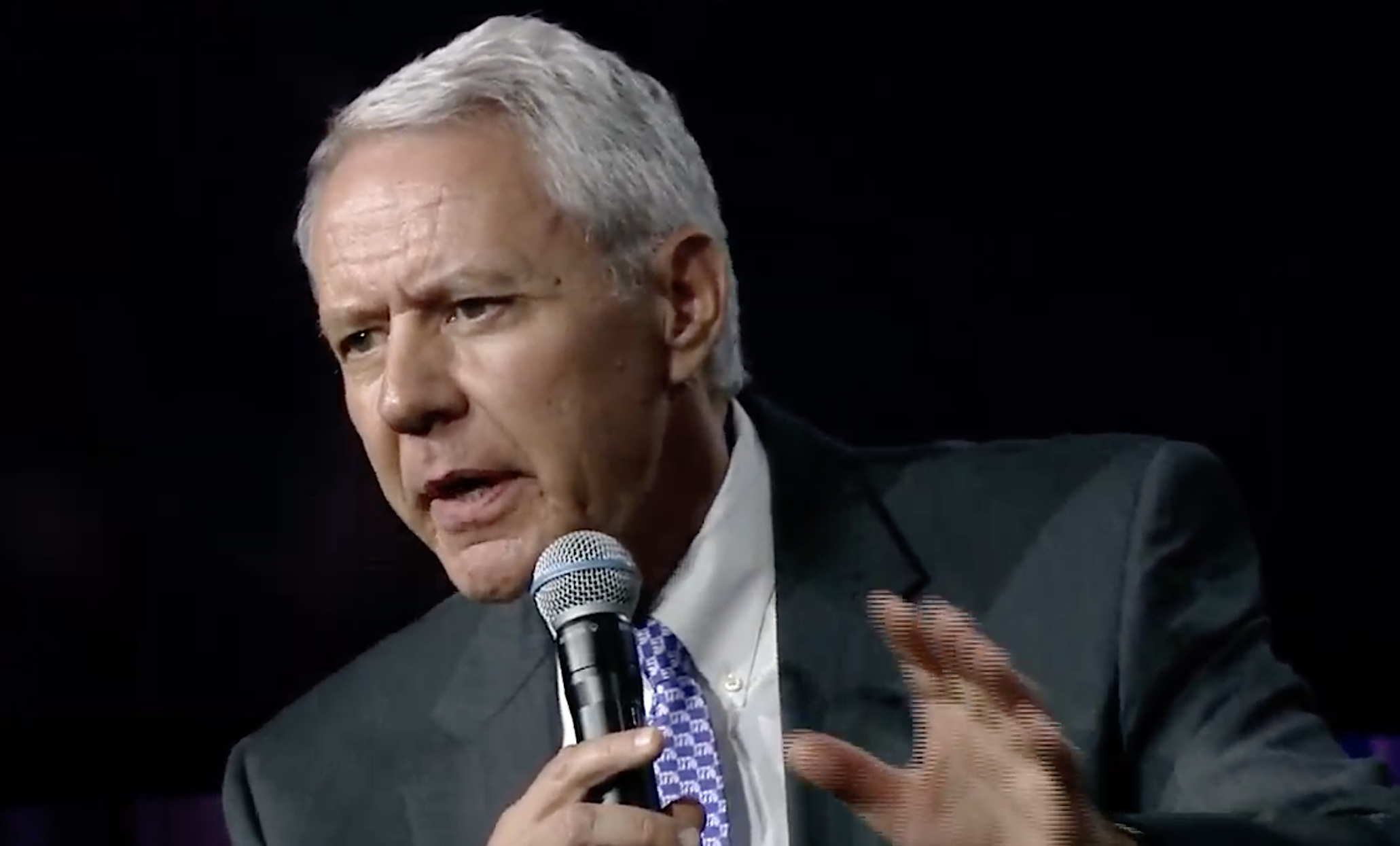
Thirty-Five Years Ago This Week: “Sometimes we feel like we’re treated like the ugly stepsister by the rest of the state,” said state Senate District 7 candidate John Moore, speaking at a candidate forum hosted by Western Slope advocacy organization Club 20. “People see us as half-crazed little-creature-killing, redneck tobacco-spitting barbarians.”
Chief among the issues debated were the preservation of water rights and bringing more jobs to the Western Slope after the economic downturn of the 1980s. High workers’ compensation premiums were also a recurring issue.
In another debate between state Rep. Lewis Entz, R-Hooper, and his challenger Jim Gelwicks, Entz said, “My workers comp rates have gone from $700 to $7,000 in the last several years,” said farmer and state Rep. Lewis Entz, R-Hooper.
Gelwicks responded, asking the sitting representative for a solution, “How do we protect our employees and keep rates down?”
Reapportionment was also a grave concern, Gelwicks noted, as reapportionment could mean the loss of two to three of the Western Slope’s statehouse seats. At the time, the Western Slope accounted for only 10% of the population but 40% of the state’s landmass.
“That’s why Club 20 has worked for 37 years for fair highway systems, lobbied for mineral leasing funds, and persuaded the governor to reopen the Western Slope Economic Development Office,” said Club 20 Chairman Jasper Welch. “I guess you could call us a two-headed, bi-partisan monster that’s demanding our rights in Colorado.”
The “monster’s” focus, Welch said, was on water rights and ensuring that Colorado, and more specifically the Western Slope, was able to protect the river and stream water rights that flow west through the state out of the Rocky Mountains.
Seventy percent of all Colorado water was contained on the Western Slope, and yet at the Club 20 debate, farmers said they spent much of their valuable time negotiating for rights to water sources that are oftentimes located right on their own property.
State House District 58 candidate Bob Hale put it most succinctly: “No more water should flow across that continental divide.”
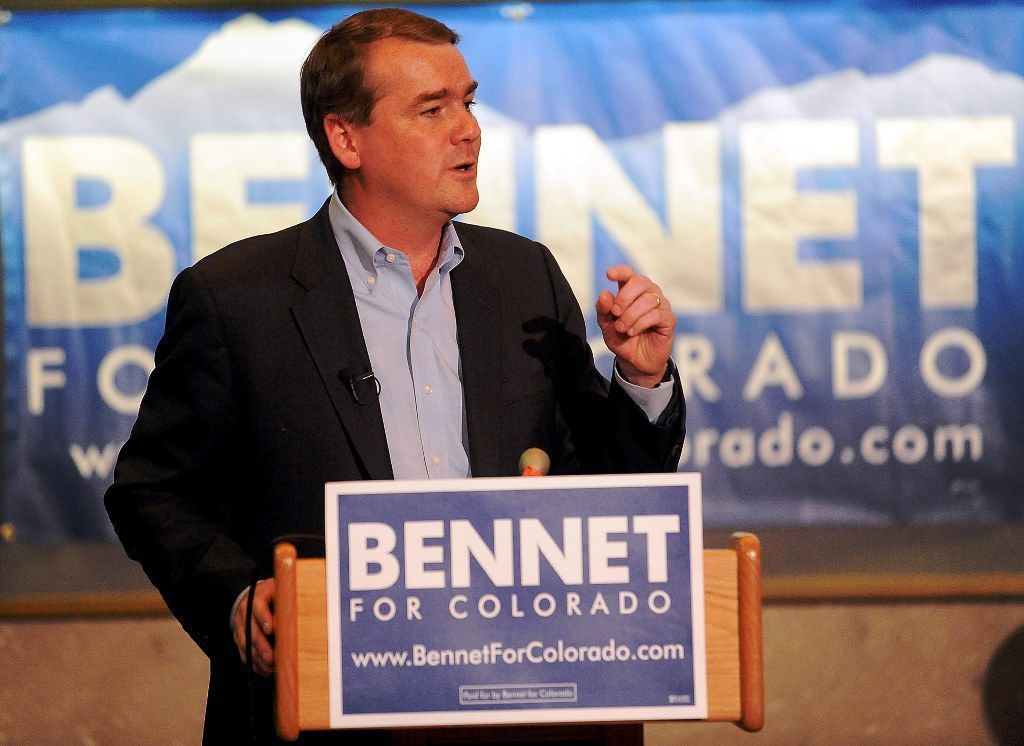
Fifteen Years Ago: Campaign managers for both Democratic Sen. Michael Bennet and his challenger, Republican Weld County District Attorney Ken Buck, said that they both had plans to paint their opponent as out of touch with the state’s voters.
“Buck is an extreme conservative who is far out of touch with mainstream Colorado voters,” Craig Hughes, Bennet’s campaign manager, said.
Hughes’ plan to re-elect Bennet was to build a statewide network of volunteers and donors to drive home the message that Bennet was more concerned with solutions than political gamesmanship.
Hughes told The Colorado Statesman that Buck’s positions on social security, abortion and student loans, among others, would make him difficult to swallow among the general electorate. Although Buck might try to walk back some of his positions, Hughes said he planned to portray Buck as a “Tea Party Threesome” with controversial Republican Senate candidates Sharon Angle of Nevada and Rand Paul of Kentucky.
The Democratic Senatorial Campaign Committee ran an ad about a comment Buck had made the previous year, then retracted, about wanting to repeal the 17th Amendment to the Constitution, which allows for direct election of senators.
“Ken Buck’s just too extreme for Colorado,” the DSCC ad said.
“The plans they have to label Ken as too extreme are going to run aground,” said newly hired Buck campaign manager John Swartout. “Buck plans to hammer Bennet for his allegiance to the Democratic agenda and tie him to the still-floundering economy. If they want to call that extreme, let them do it.”
Swartout said he didn’t believe that Coloradans would fall for the labels because they were more concerned about what the future was going to look like for them, whether they could get a job, and whether they could grow their business.
Regarding the DSCC ad, Swartout said it was an attempt to distract voters and that the DSCC should have spent the money “on getting millions of unemployed Americans back to work.”
Rachael Wright is the author of several novels, including The Twins of Strathnaver, with degrees in Political Science and History from Colorado Mesa University, and is a contributing columnist to Colorado Politics, the Colorado Springs Gazette, and the Denver Gazette.



